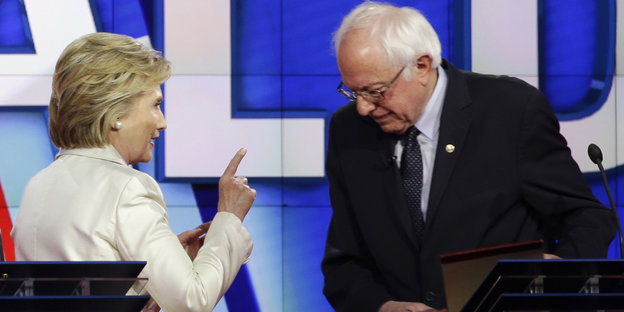
Beware of US Fine-Tuning
What China's foreign affairs ministry says is none too good for Taiwan. Last December, when Xi and Obama met at the Paris Conference, Xi expressed his hope that "the U.S. will take concrete actions to support the peaceful development of cross-strait relations," while Obama replied that the U.S. hoped to see stable development in cross-strait relations. This time, Xi asked the U.S. to continue taking concrete actions to protect peaceful development of relations, but how Obama replied or what promise the two made was not made public.
Though these remarks may reflect what they said, the situation is a little awkward in the way that the U.S. emphasizes the "status quo." In 1999, when Lee Teng-hui proposed special state-to-state relations, the Clinton administration was uneasy, so it sought to maintain the status quo across the Taiwan Strait in terms of "three pillars": “one China,” “cross-strait dialogue,” and “peaceful resolution.” During President George W. Bush's term, the Chen Shui-bian administration proposed "one country on each side," but the U.S. asked for the status quo again. The so-called "status quo," as James Kelly, then assistant U.S. secretary of state for East Asian and Pacific affairs, would say, is up to the U.S. to define.
The current Obama administration has a very interesting position on cross-strait relations. Now the U.S. urges China and Taiwan to resolve their conflict peacefully through dialogue. Has the U.S. given up on promoting its one-China concept to the DPP?*
Perhaps not. The media once reported that according to U.S. think tanks in Taipei, if Tsai Ing-wen** did not meet Beijing's requirements in the G-20, if Beijing put all kinds of pressure on economy, trade, and diplomacy, then the U.S. would not be able to help Taiwan and nor would it act as a peacemaker.
From the looks of this, the U.S. is in an unimaginable position. If Beijing takes up a firmer stance against Taiwan because of the U.S.'s attitude, it would be no surprise.
*Editor’s note: The DPP stands for the Democratic Progressive Party, a progressive and liberal political party in Taiwan.
**Editor's note: Tsai Ing-wen is president-elect of Taiwan.


